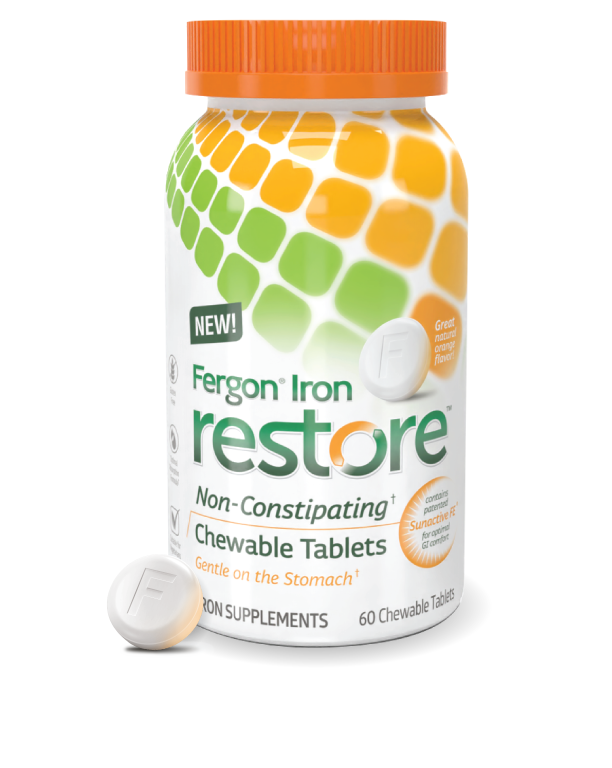People who run on a regular basis have unique iron needs that go beyond those of an average person. Whether training for a marathon or just enjoy going for a light jog from time to time, learn about why iron is so important for runners and how to supplement the diet.
Why A Surplus is Important
A surplus of iron is needed in a runner’s body for several reasons. Without dietary iron runners may feel fatigued, making running their best practically impossible. Athletes and competitors need their bodies to perform at 100%, and even a slight drop in energy makes a huge difference in performance.
When there is not enough iron in the diet, the human body doesn’t produce an adequate amount of hemoglobin, the protein produced in red blood cells that carry oxygen to the lungs and muscles. For obvious reasons, these are very important body parts for runners. Studies show that low iron ferritin levels can negatively impact performance because there is not enough oxygen getting to the muscles that sustain runs.
Why Iron Deficiencies Are Common in Runners
One of the most common nutrient deficiencies in the world is iron; but this is even more common among runners. Many runners that actually have iron deficiencies simply believe that they are overtraining or not getting enough rest. However, this is not always the case.
There’s a special protein in your body called ferritin that stores iron and releases it over time. For runners, the recommended ferritin levels are likely quite different from those recommended for people who are sedentary. Regardless of age, it’s a good idea to have ferritin levels checked to determine if levels are normal or below normal.
Symptoms of Iron Deficiency in Runners
Runners are naturally very in-tune with their bodies and can often tell right away if something feels a bit “off.” Low iron levels affect runners when they start increasing the distance or intensity of their runs, and their muscles and lungs require more oxygen to propel them forward.
These are some of the most common iron deficiency symptoms that runners experience.
- Fatigue
- Shortness of breath
- Headaches
- Dizziness
How to Supplement Iron in the Diet
There are several ways that runners can supplement iron in their diets to meet the complex nutrient needs of a dedicated and competitive athlete. Healthy iron-rich foods for athletes include fish, legumes, tofu, leafy greens, and iron-fortified grains.
If runners aren’t getting the iron their body needs from foods, supplements can help pick up where they leave off. Fergon iron deficiency supplements are a great option to ask a doctor about because they are effective, easy to swallow and digest. This is one of the most widely prescribed over the counter iron supplements that can be found because it’s so easily tolerated and has helped so many people overcome their nutrient deficiencies.
If you are a runner and notice a dramatic change in your running and energy level while exercising, consider seeing your doctor for a simple blood test to determine if an iron deficiency is to blame. It’s important to tell your doctor about your running activity and level of intensity so that he or she can help you get the iron you need to reach your fitness and performance goals.

